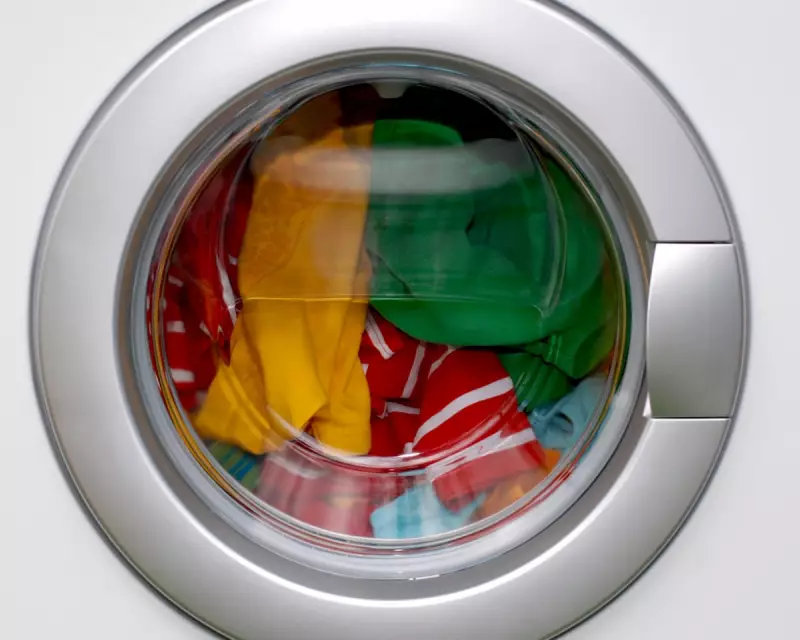
A damning new investigation has cast serious doubt on the effectiveness of some popular laundry detergent sheets, revealing that their cleaning power can be alarmingly weak.
All Suds, No Substance?
Consumer advocacy group Choice conducted rigorous testing on a range of these thin, dissolvable sheets, which are often marketed as a convenient and eco-friendly alternative to traditional liquids and powders. The findings, released this week, are a wake-up call for households across the UK.
Shockingly, several products tested were found to be no more effective at removing common stains than using water alone. This raises serious questions about the value for money these products offer to consumers trying to make sustainable choices.
What the Tests Revealed
The study put the detergent sheets through their paces against a variety of typical household stains, including:
- Grass and mud
- Food and cooking oils
- Coffee and wine
While some sheets performed adequately, the worst-performing products left stains virtually untouched, matching the results seen when items were washed with no detergent whatsoever.
A Blow for Eco-Conscious Consumers
These sheets have gained significant popularity among shoppers looking to reduce plastic waste from bulky liquid detergent bottles. However, this report suggests that some brands may be prioritising eco-packaging over cleaning performance.
"Consumers have a right to expect that a product marketed as a detergent will actually clean their clothes," a representative from Choice stated. "Our research indicates that this basic expectation is not being met by all products on the shelf."
What Should Shoppers Do?
Experts advise consumers to:
- Consult the full Choice report to see which specific brands passed and failed the tests.
- Be wary of marketing claims that focus solely on environmental benefits without substantiating cleaning power.
- Consider that the most eco-friendly option is one that works effectively the first time, avoiding the need for re-washing.
This study serves as a crucial reminder that sustainable choices must also be practical and effective for everyday use.





